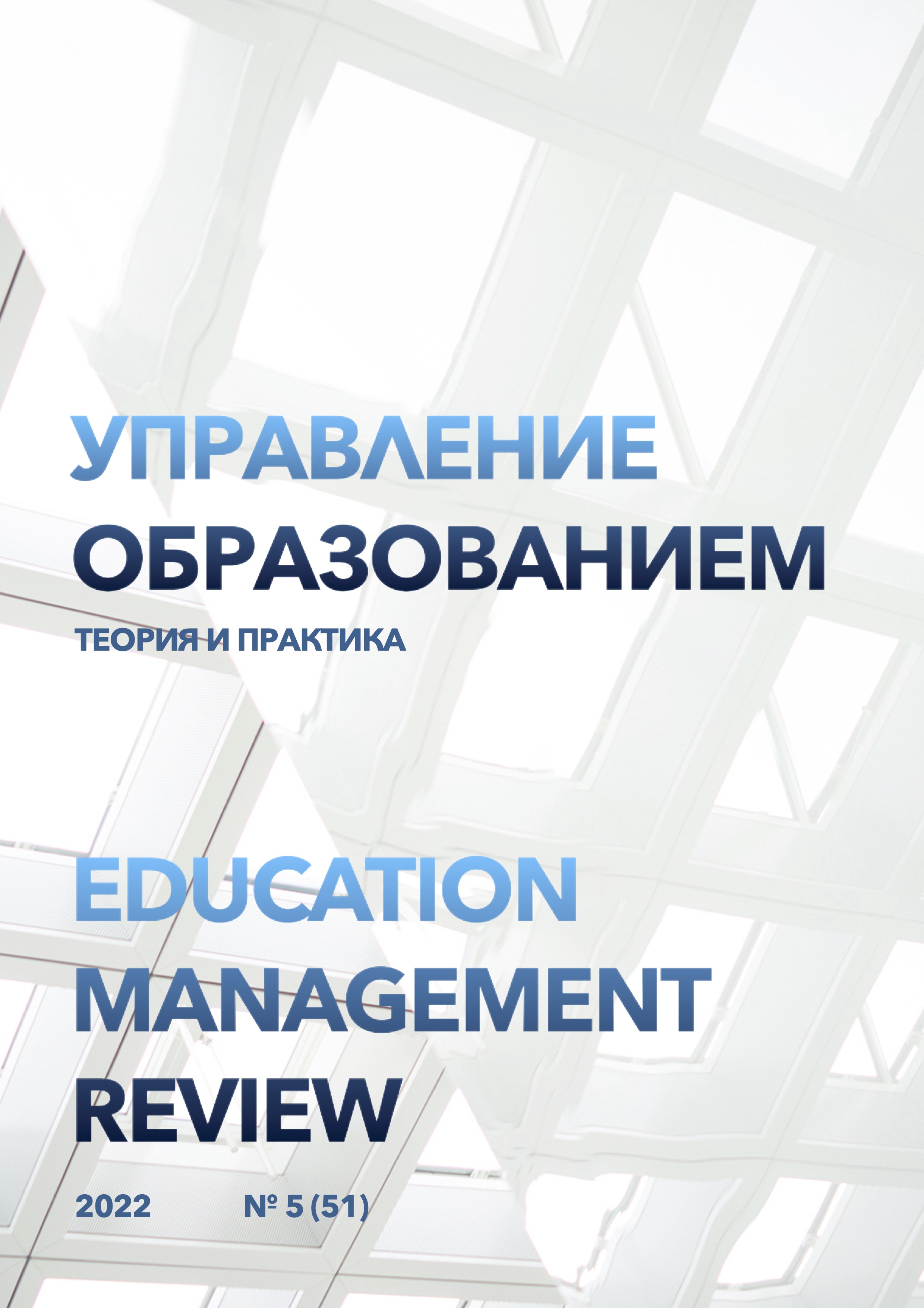Development of basic elements of pedagogical education
DOI:
https://doi.org/10.25726/r9096-5400-1331-oKeywords:
economics, education, pedagogy, research, analysisAbstract
The basic elements of economic education can be laid down during a child's visit to a preschool educational institution at the age of 3-6 years. An example of this approach is the program of the International Foundation "Aflatoun International" (the Netherlands). Taking into account the current state of implementation of the fundamentals of economic education in preschool educational institutions in Russia, within the framework of this study, we consider it appropriate to consider a school as an educational institution, which is the first to provide knowledge that will form the basis for the formation of an individual's economic competence in the future. For a long time, the economic education of schoolchildren was carried out as part of the study of economic geography, and, as a rule, by geography teachers. As a result, economics was not a priority subject in general educational institutions (OUZ). This made it impossible for schoolchildren to form a sense and awareness of the importance of the economic component of the causes, course and results of environmental processes. The reason for this is that most of the teachers who taught economics themselves do not have the experience and the appropriate worldview to form an objective economically conscious worldview of the student. Thanks to the introduction of elements of economic information into the lives of preschool children, the prerequisites for economic thinking are laid in them. As a result, elements of deductive thinking begin to manifest in children of this age, and speech also acts as a regulator of children's behavior and activity. As a result, children of senior preschool age (5-6 years old) they have the opportunity to understand such concepts as "price", "money", "family budget" (while distinguishing income and expenses), and others, which is the basis for the formation of economic competence of preschoolers.
References
Абзгильдин Д.А. Учебно-методические аспекты преподавания экономических дисциплин в вузе // Международный студенческий научный вестник. 2018. № 3-5. С. 727-729.
Автономов В.С., Дорошенко М.Е., Замков О.О. Высшее экономическое образование в России: трудный путь к мировому уровню // Вопросы образования. 2004. № 2. С. 127-154.
Калашникова Е.Ю., Коновалова И.А., Ловянникова В.В. Методика преподавания экономических дисциплин в современных условиях модификации // Молодой ученый. 2013. № 12. С. 901- 903.
Кирсеев П.И., Носов А.Л. Проблемы преподавания экономических дисциплин в сфере высшего образования // Концепт: научно-методический электронный журнал. 2016. Т. 28. С. 24-26.
Кольга В.В., Кипель Е.О. Формирование экономической компетентности бакалавров технических направлений подготовки на основе игровых методов обучения // Вестник КГПУ им. В.П. Астафьева. 2020. № 2 (52). С. 56-68.
Лаптева В.А. Экономическое образование в Европе: исторический опыт и современность // Вестник Алтайской академии экономики и права. 2019. № 2-3.
Лебедева Л.Н. Развитие высшего экономического образования в странах Западной Европы и Российской Федерации // Экономика и социум. 2018. № 1. С. 483-487
Методика преподавания экономических дисциплин: учеб.-метод. комплекс для студ. эконом. специальностей / Н.П. Хвесеня, М.В. Сакович. Минск: БГУ, 2006. 116 с.
Никифорова В.Е., Шнайдер О.В. Особенности и проблемы методики преподавания экономических дисциплин // Балтийский гуманитарный журнал. 2014. № 3. С. 72-74.
Образование как ценность: курс лекций. Тема 13. http:// do.gendocs.ru/docs/index98470.html?page=4
Перемытина Н.Л. Основные задачи реформы экономического образования в России // Вестник Томского государственного университета. 2005. № 5. С. 81-84.
Урванцева С.Е., Александрова И.С. Обучение основам предпринимательства в зарубежных школах // Экономика в школе. 2008. № 4. С. 51-61.
Ушакова Е.О., Дьячков С.А. Взаимодействие с работодателями в процессе подготовки специалистов в области экономики // Актуальные вопросы образования. 2020. № 2. С. 158-161.
Хайкин М.М., Базжина В.А. Проблемы преподавания экономической теории в техническом вузе // Экономика и экологический менеджмент. 2014. № 1/8. С. 393-402.
Чеснокова Н.П., Понукалина Е.В. Проблемы преподавания в высшей школе // Международный журнал экспериментального образования. 2017. № 1. С. 136-137.




